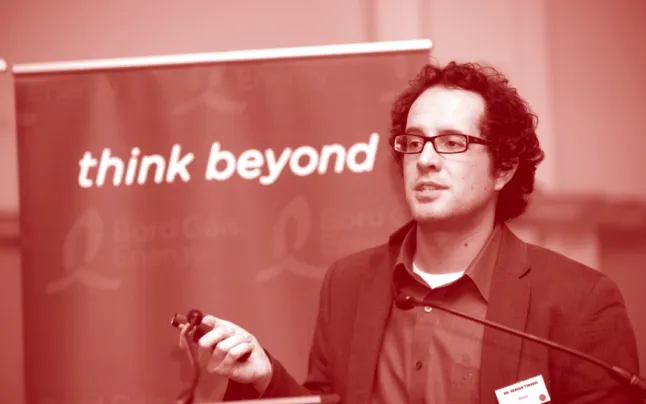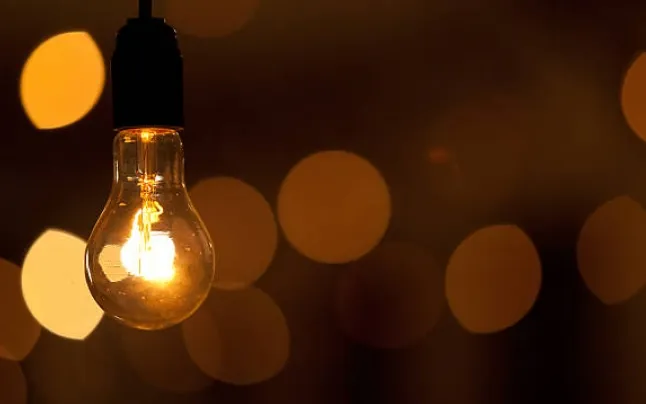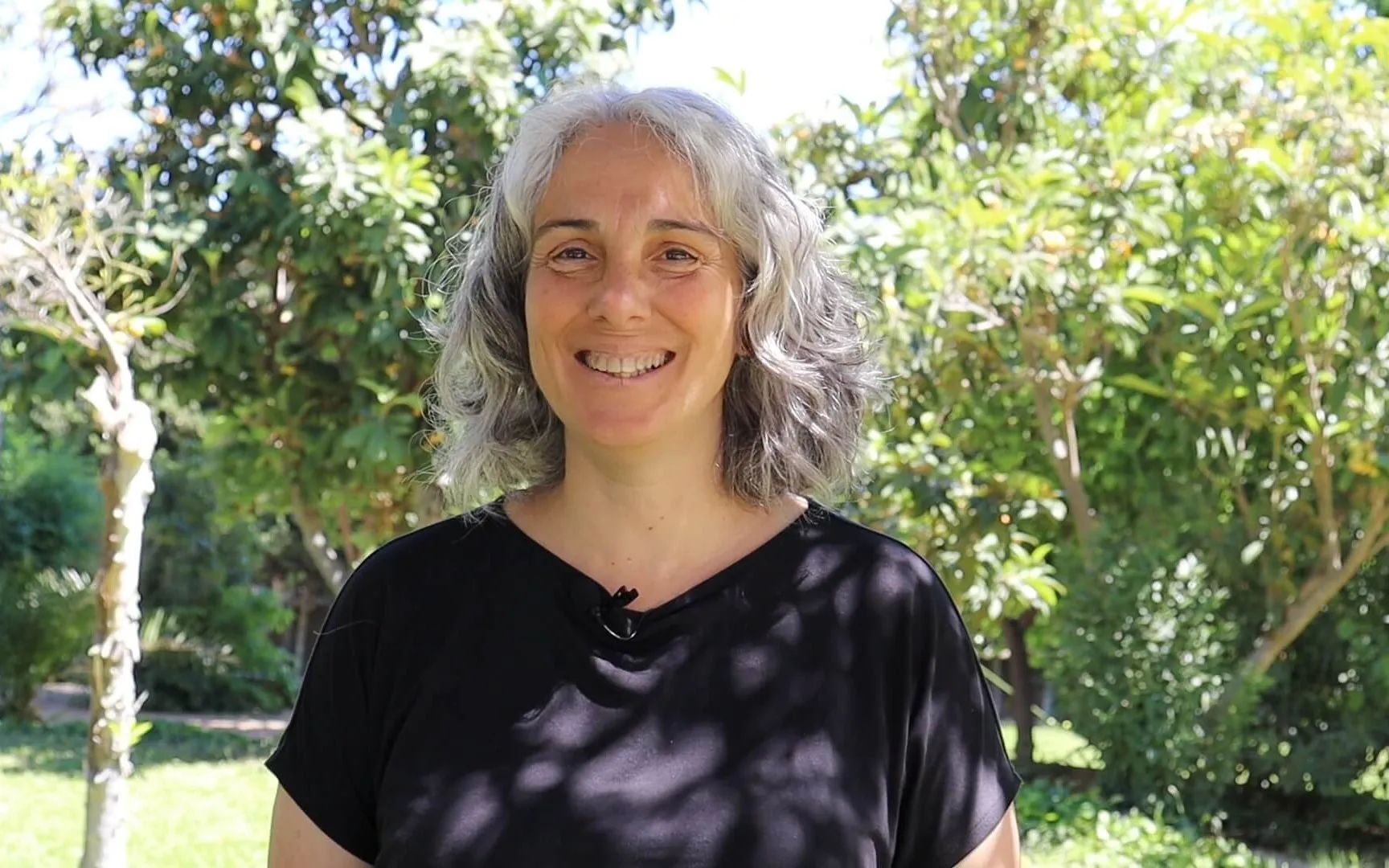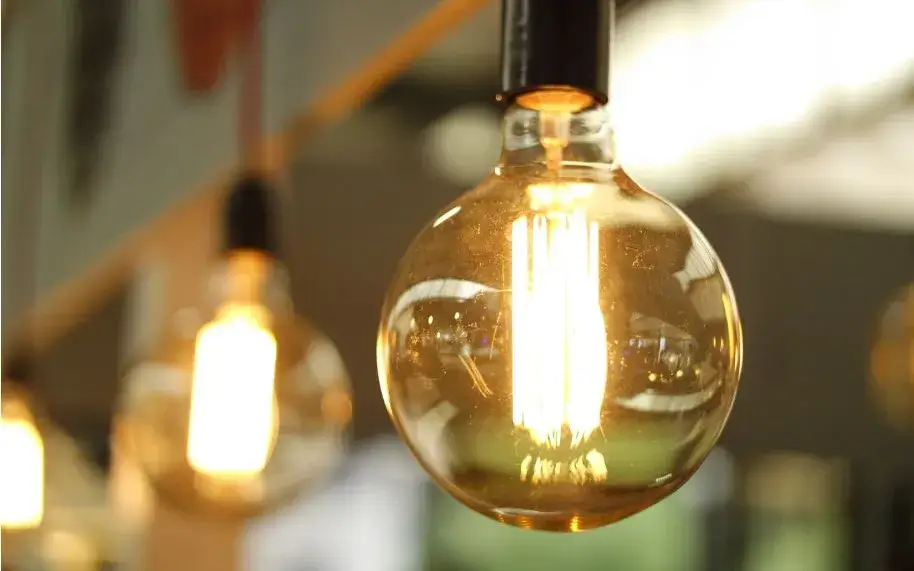13 European organisations are behind the “EmpowerMed” project to collectively build the right to energy.
The pandemic brought on by Covid-19 has had very unequal impacts on the population. The most populated neighbourhoods and with a lower per capita income have felt the effects of the virus much more and this has worsened the situation of families at risk of social exclusion.
The recommendations to stay at home to contain the spreading of the coronavirus has led to greater energy poverty in Europe and may families have found themselves unable to pay their utility bills and have seen their supplies cut off.
To fight this increase in energy poverty, 13 European organisations set up the project ‘Empowermed’, with the aim to empower households that are experiencing energy poverty with a gender perspective and to build the right to energy collectively.
The project aims to provide collective advice, thermal comfort measures in homes, meetings to learn to reduce energy waste and the creation of mutual support groups with households that are facing difficulties to pay their energy utility bills.
The array of actions will be developed simultaneously in different states around the Mediterranean such as Spain, France, Italy, Croatia, Slovenia and Albania and will have a focus on gender perspective to support one of the most affected groups, that is women. According to Lidija Zivcic, a member of the Focus association in Slovenia, “women, especially single mothers, are disproportionately affected by energy poverty, and it is therefore necessary to empower them”.
In a similar sense, Katharina Habsbrunner from the German organisation WECF says: “The pandemic and its consequences have led to a considerable increase in energy poverty and has reinforced gender inequalities”.
Health and wellbeing are linked to energy poverty
The right to energy is always linked to the right to health and wellbeing. Living in adverse weather conditions, the constant struggle to pay utility bills and living in fear of the utility companies harassing one has, in the long term, consequences on the physical and mental health of those experiencing energy poverty.
In this regards, the main innovation with the EmpowerMed project, which is key in today’s context, is the collective way of dealing with energy poverty. It aims to step away from the vision that energy poverty is an individual and stigmatising problem, moving away from pointing fingers and creating a new collective view based on first-hand experiences and knowledge of those affected directly.








Add new comment